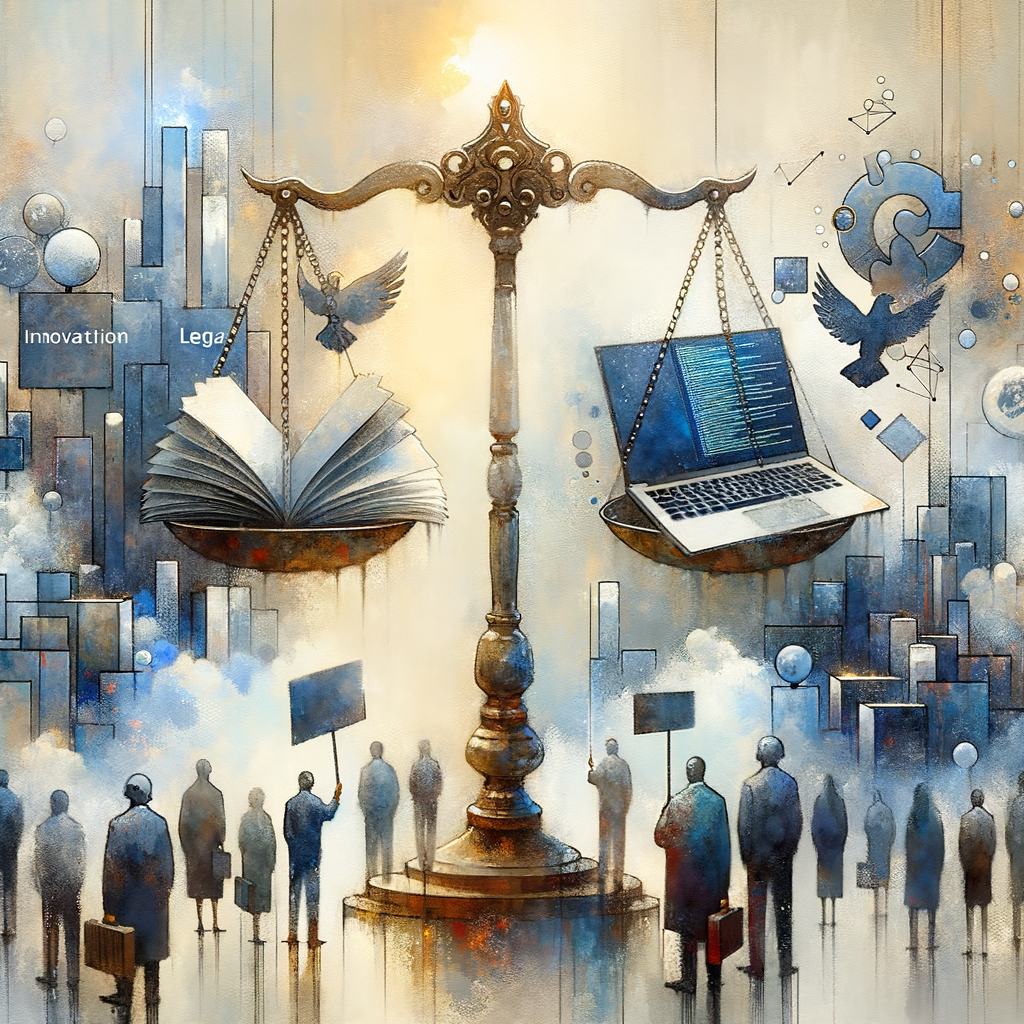A couple of years ago, if you’d told me I’d be helping place a former NHS administrator into a role with a decentralised health data startup, I’d have raised an eyebrow. Back then, most of my days were spent sourcing devs for DeFi projects or convincing traditional sales folks to give blockchain tech a shot. Healthcare? It just wasn’t on the radar. But now, it’s clear that blockchain is revolutionizing industries, including healthcare, by creating more efficient and secure systems for managing sensitive data.
Fast forward to now, and I’m seeing CVs from nurses, medtech specialists, clinical researchers—all looking to get into blockchain. It’s not just hype. Something real is happening.
We’re in the early stages of a major shift, and I’ve got a front-row seat. Here’s how blockchain is revolutionizing healthcare jobs—and why it matters more than ever.
From Patient Records to Power Moves: Data Ownership Is Changing Everything
One of the biggest transformations I’ve seen? The way healthcare data is handled—and the jobs being created around it.
Traditionally, patient records sit in silos. Your GP has a bit, the hospital has another chunk, and if you move countries? Good luck. But blockchain is flipping that model. Platforms like Patientory and MediBloc are building decentralised systems where patients own their data, not the institutions.
This shift isn’t just technical—it’s reshaping careers. I recently placed a data compliance officer into a blockchain-based health records startup. Their role? Help bridge the gap between blockchain devs and healthcare regulations like HIPAA and GDPR. Ten years ago, that job didn’t exist.
I’ve also seen a growing demand for product managers with experience in both medtech and blockchain. They’re not just building apps; they’re shaping the future of personal health autonomy.
Crazy to think about, right? But it’s happening—and it’s opening up space for people with both clinical and digital chops.
Clinical Trials Are Getting a Trust Upgrade
Ever heard of fake trial results or fudged data in pharma? Unfortunately, it’s more common than we’d like. But this is where blockchain steps in—with transparency that’s impossible to fake.
Projects like ClinTex and Triall are using blockchain to bring trust and traceability to clinical research. For recruiters like me, it means sourcing talent that understands both blockchain ledgers and the complexity of clinical data. Not an easy combo—but definitely one that’s becoming more valuable by the day.
One of the most memorable placements I made was for a QA specialist who used to work on oncology drug trials. She pivoted into a blockchain startup that’s tracking real-time trial data on-chain. It took some upskilling (shout-out to the free courses on Coursera and ConsenSys Academy), but she’s thriving now. Said it was the first time her work felt truly “untouchable”—in a good way.
If you’ve got even a bit of background in pharma or clinical research and a willingness to learn, there’s serious opportunity here.
Global Healthcare Talent, Unchained
Another way blockchain is revolutionizing healthcare jobs? It’s breaking down borders.
A few months ago, I worked with a decentralised telemedicine company that was hiring clinicians from Africa, South America, and Southeast Asia to consult with patients across the globe—paid in stablecoins, with credentials stored and verified on-chain.
That kind of setup was unthinkable pre-blockchain. Credentialing alone used to be a nightmare. Now, thanks to verifiable credentials and decentralised identity (DID) tech, you can confirm a doctor’s qualifications in seconds, not months.
It’s not perfect yet. I’ve had candidates ghosted due to unclear regulation or dodgy project funding. But the direction of travel is clear. We’re heading toward a more borderless, equitable healthcare workforce—and that’s exciting.
I’ve even seen some clinicians go fully remote, consulting for DAO-led health orgs that pay them in crypto. It’s not mainstream yet, but if you’re comfortable with digital wallets and flexible hours, it’s a whole new world.
New Roles, New Rules: The Rise of Hybrid Talent
Perhaps the most fascinating part of all this is the emergence of hybrid roles—jobs that blend healthcare, tech, compliance, and community building.
I’ve placed folks into roles like:
-
Web3 Health Educator (think patient engagement in decentralised ecosystems)
-
Decentralised Clinical Project Manager
-
Health DAO Community Lead
-
Blockchain Ethics Consultant (yes, really)
These aren’t traditional jobs. But that’s the point. Blockchain is creating entirely new categories of work that didn’t exist before. And the people thriving in them? They’re curious, adaptable, and often from non-technical backgrounds.
If I had to give one piece of advice to anyone looking to jump in: don’t wait to be “ready.” The projects that are hiring aren’t looking for perfect blockchain experts—they’re looking for people who understand the pain points in healthcare and are willing to learn on the fly.
One last story—there was this NHS mental health practitioner who DM’d me on LinkedIn, saying he wanted out of the system but didn’t know where to go. We chatted, and I connected him with a decentralised mental wellness DAO. A few months later, he messaged me back: “This is the first time I’ve felt like I’m part of the solution, not just surviving the system.” This is a perfect example of how blockchain is revolutionizing healthcare by providing professionals with new, impactful ways to contribute and thrive outside traditional structures.
That one stuck with me.
So, Where Does This All Go?
We’re still early. There are risks. Regulations are murky, funding can dry up, and not every “health blockchain” project is worth its salt.
But the upside? It’s massive.
Blockchain isn’t just changing how we store data or pay providers—it’s creating new roles, reimagining old ones, and levelling the playing field for healthcare workers across the globe.
If you’re in healthcare and you’re frustrated by bureaucracy, broken systems, or burnout—look this way. There’s a new frontier opening up, and it’s full of opportunity.
And if you’re on the hiring side? Don’t just look for devs. Look for nurses, compliance folks, medtech operators, educators. The ones who’ve lived inside the system and want to help fix it from the outside.
Trust me: that’s where the magic is happening.




